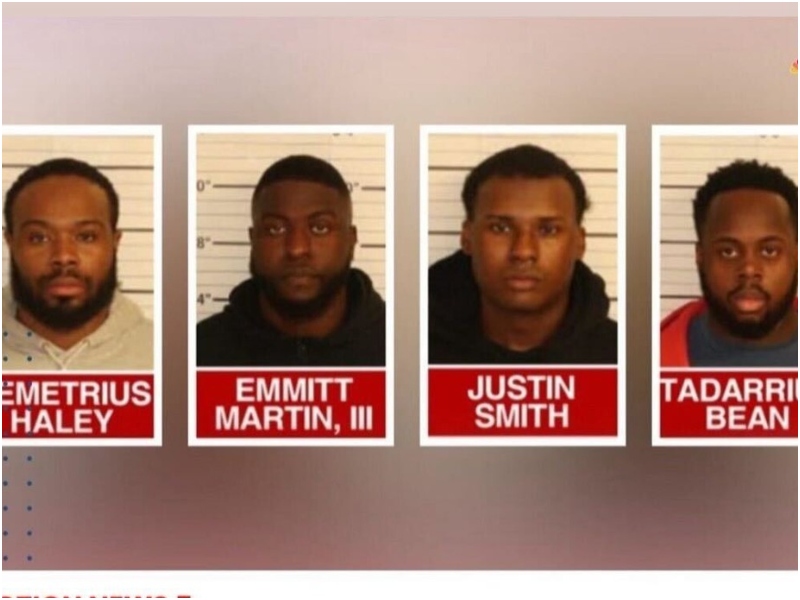In a ruling on Thursday, April 4, 2025, U.S. District Judge Mark S. Norris decided that the federal trial of four former Memphis police officers charged with civil rights violations in the beating death of Tyre Nichols will remain in the city.
This is despite defense attorneys’ motions to relocate the trial due to intense media coverage and the public release of related video footage. Judge Norris asserted that these factors wouldn’t prejudice a Memphis jury against the officers.
The case stems from a disturbing incident on January 7, 2023, when Nichols, a Black man, was pulled over for alleged reckless driving.
A police video depicts officers using pepper spray and a stun gun on Nichols before he fled toward his home. Subsequently, Nichols was subdued by officers who punched, kicked, and struck him with a police baton.
Tragically, Nichols died three days later in the hospital from blows to the head, as determined by an autopsy report.
The officers involved—Emmitt Martin, Tadarrius Bean, Demetrius Haley, Desmond Mills Jr., and Justin Smith—were subsequently fired and indicted on federal charges, including excessive force and obstruction of justice.
Desmond Mills Jr. pleaded guilty to federal charges in November, intending to also plead guilty in state court. Mills may potentially testify against his former colleagues, who have pleaded not guilty in both federal and state cases. The federal trial is scheduled to commence on September 9.
The legal proceedings surrounding Nichols’ death have sparked outrage and intensified calls for police reform in Memphis and beyond.
Additionally, the Justice Department is conducting separate investigations into the Memphis Police Department’s use of force and potential racial discrimination in policing practices.
Meanwhile, Nichols’ mother has filed a $550 million lawsuit against the city and its police chief, further underscoring the gravity of the case and its legal implications.
As the trial proceeds, the central legal issues will revolve around questions of excessive force, failure to intervene, obstruction of justice, and the broader implications for police accountability and reform in Memphis and across the United States.

